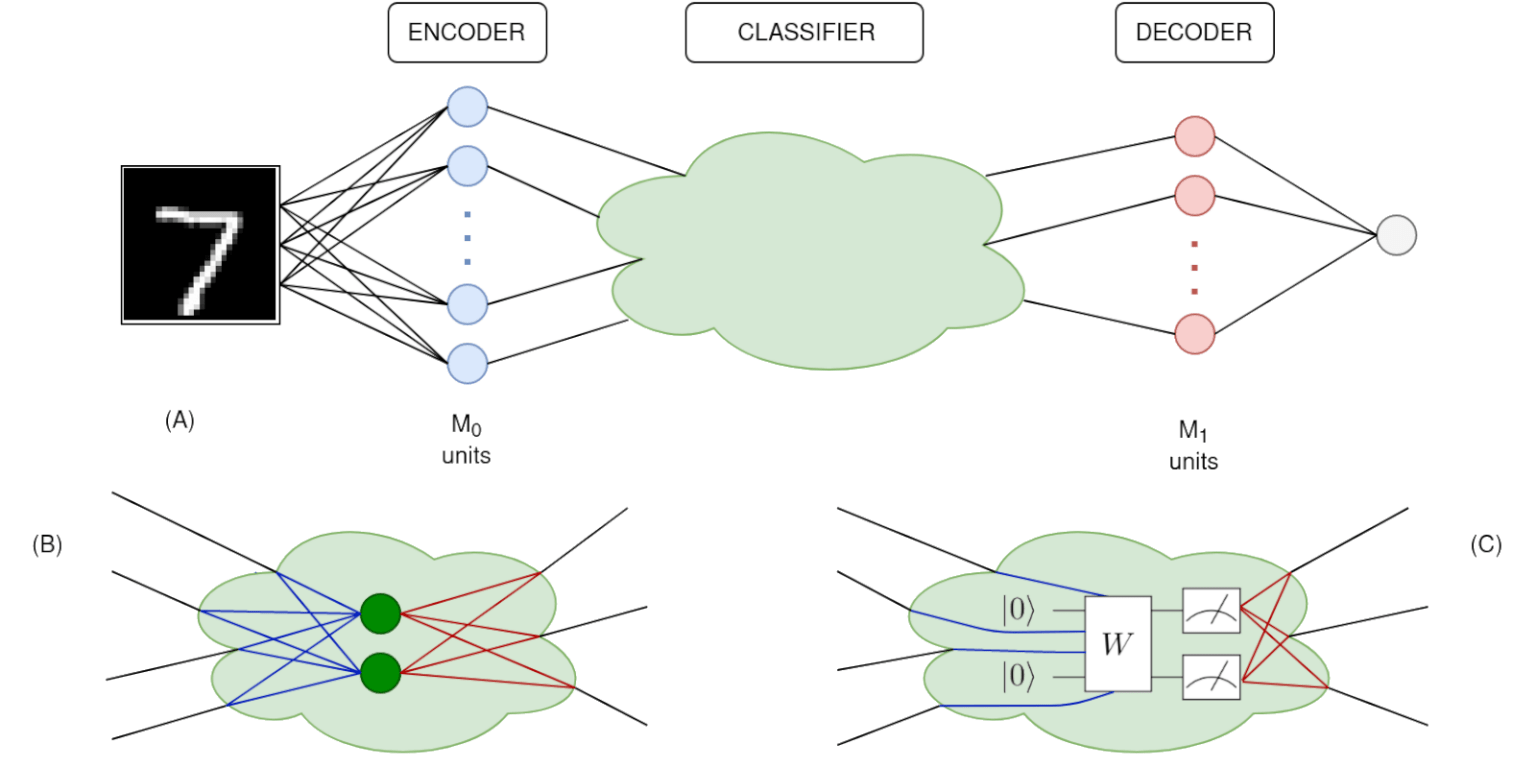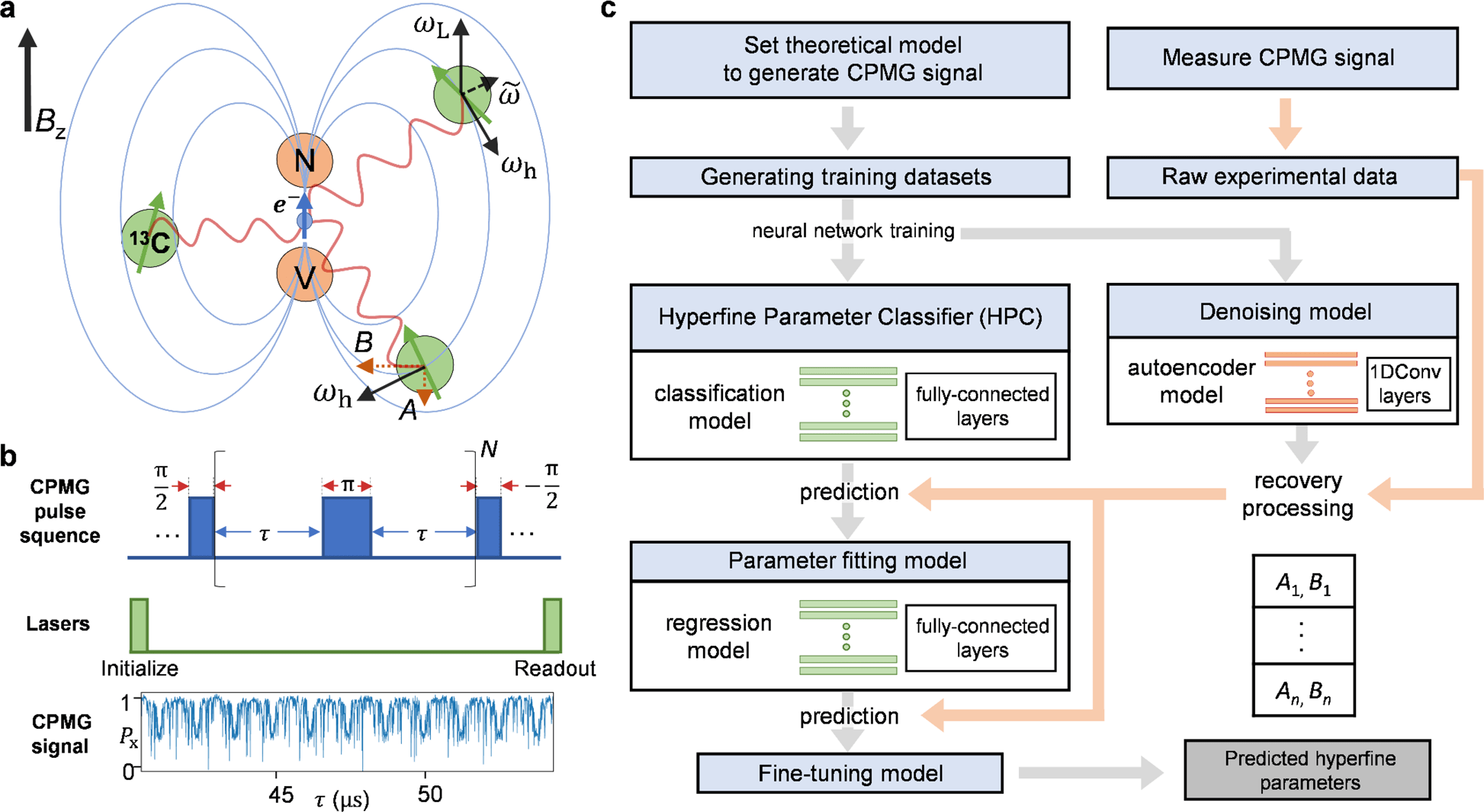A team of researchers have presented the Scaled QUantum IDentifier (SQUID), an open-source framework for exploring hybrid Quantum-Classical algorithms for classification problems. The classical infrastructure is based on PyTorch and they provide a standardized design to implement a variety of quantum models with the capability of back-propagation for efficient training.
Quantum Machine Learning (QML) is a rapidly growing, emerging field, with a diverse set of ideas and applications. While there are significant differences in applications as to where Machine Learning and where Quantum Computing are applied, quantum-enhanced machine learning has become one of the dominant subfields. The main benefits of such algorithms are potential quantum speed-ups, and the potential of recognizing statistical patterns hard to learn with purely classical schemes.
Machine learning algorithms on near-term quantum devices face an issue of constrained resources. While there exist encodings that efficiently use qubits, they still do not allow to load datasets such as MNIST in quantum memory, while additionally introducing overhead when encoding and decoding information between classical and quantum devices.
The paper presents the structure of their framework and provides examples of using SQUID in a standard binary classification problem from the popular MNIST dataset.
In particular, they have highlighted the implications for scalability for gradient-based optimization of quantum models on the choice of output for variational quantum models.



